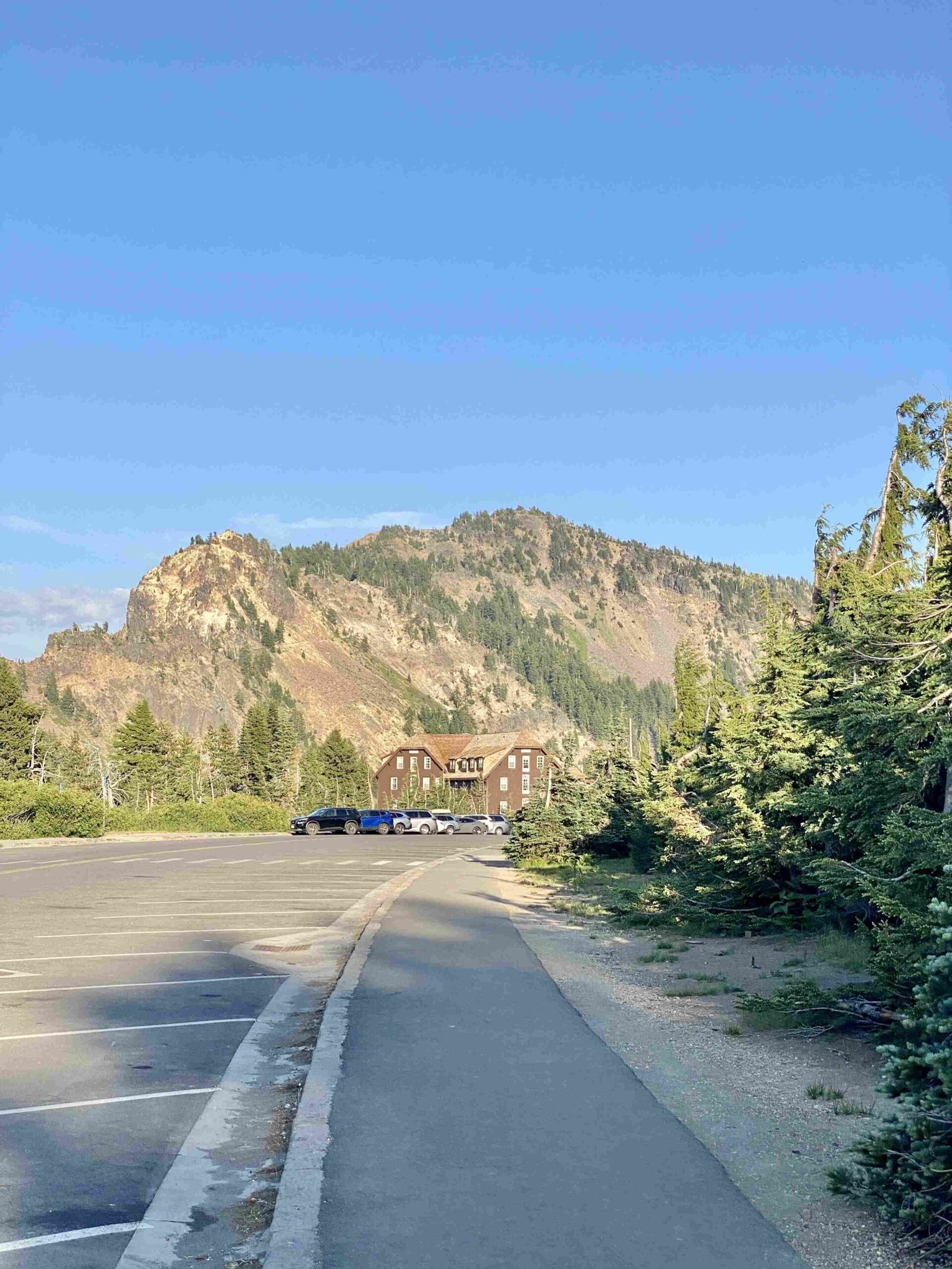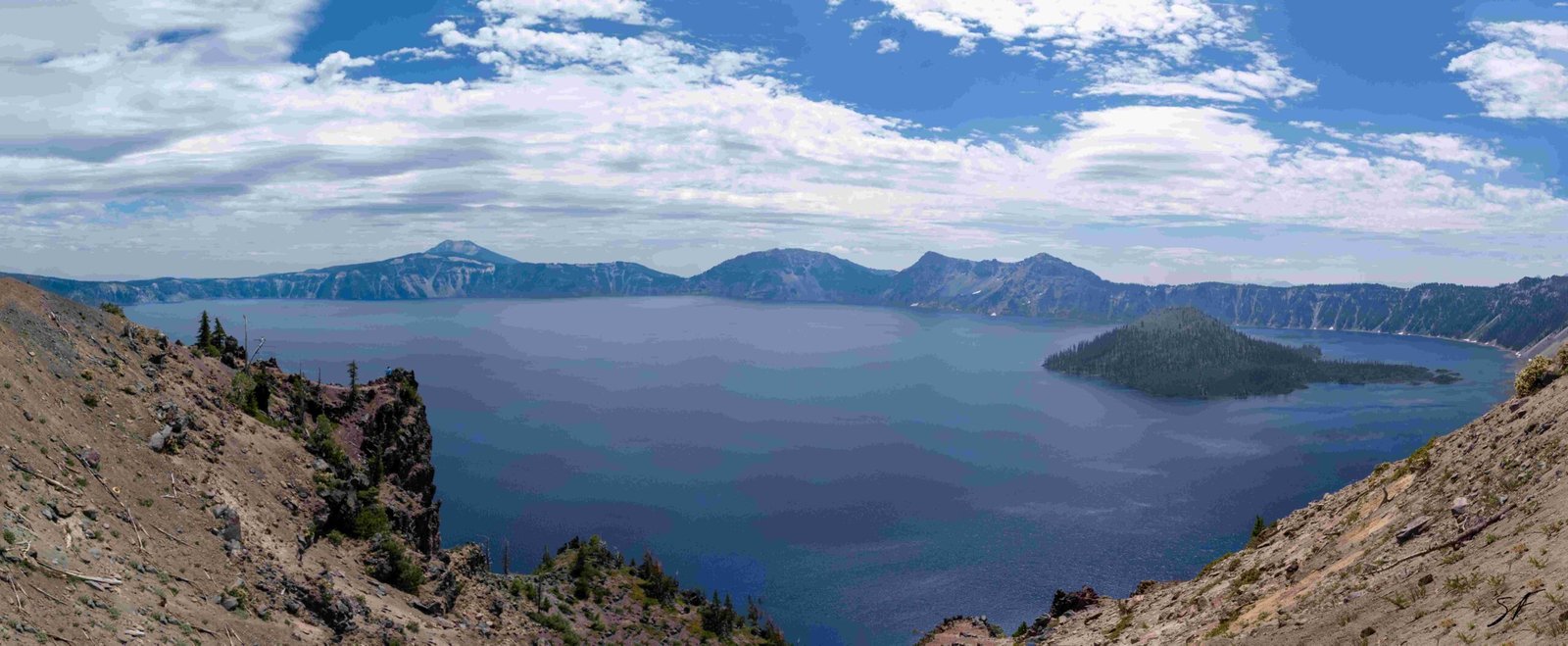Crater Lake at Lone Eagle Peak near Granby is a stunning alpine destination in Colorado’s Indian Peaks Wilderness. This pristine lake, nestled at the base of the iconic Lone Eagle Peak, offers breathtaking views and challenging hiking trails. Located approximately 15-16 miles round trip from the Monarch Lake Trailhead, Crater Lake attracts outdoor enthusiasts seeking a true wilderness experience. The journey to this remote lake involves significant elevation gain, rewarding hikers with spectacular mountain scenery, diverse wildlife, and the opportunity to camp in one of Colorado’s most picturesque settings.
What is the Best Route to Reach Crater Lake at Lone Eagle Peak?

The primary route to Crater Lake begins at the Monarch Lake Trailhead in the Arapaho National Recreation Area. Here’s a breakdown of the trail:
- Trail Length: Approximately 15-16 miles round trip
- Elevation Gain: 2,500-3,000 feet
- Difficulty: Rated as difficult due to distance and elevation gain
Trail Highlights:
- Start at Monarch Lake Trailhead
- Follow Cascade Creek Trail along Monarch Lake
- Ascend through Hell Canyon
- Pass by Buchanan and Cascade Creeks
- Key junction at 3.5 miles (continue on Cascade Creek Trail)
- Turn off for Crater Lake Trail
- Pass Mirror Lake
- Arrive at Crater Lake with views of Lone Eagle Peak
What are the Best Viewpoints for Crater Lake?

Crater Lake offers several stunning viewpoints that showcase its beauty and the surrounding landscape:
- Mirror Lake:
- Offers reflections of Lone Eagle Peak
-
Great spot for photography
-
Crater Lake Shore:
- Panoramic views of the lake and Indian Peaks
-
Reflections of Lone Eagle Peak in calm waters
-
Campsite #12:
- Highly recommended for its expansive views
- Overlooks the lake, Indian Peaks, and Lone Eagle Peak
Best Times for Photography:
- Early morning: Soft light and minimal shadows
- Late afternoon: Golden hour light
- Calm days: Best for capturing reflections in the lake
What Camping Options are Available at Crater Lake?
Camping at Crater Lake provides a unique wilderness experience. Here’s what you need to know:
| Aspect | Details |
|---|---|
| Number of Sites | 12 designated campsites |
| Amenities | Natural surroundings only (no facilities) |
| Reservation | Required permit for Crater Lake backcountry zone |
| Alternative | Cascade Creek permit for nearby camping |
| Cost | Varies (includes backcountry zone permit fee) |
| Location | Near the trail, with Site #12 about a mile from the lake |
Important Camping Notes:
- Obtain necessary permits before your trip
- Practice Leave No Trace principles
- Be prepared for wilderness camping (no amenities)
- Check current fire restrictions before your visit
What Wildlife Can Be Observed Around Crater Lake?
The area around Crater Lake is rich in wildlife, offering opportunities for nature enthusiasts and photographers:
- Mammals:
- Mule deer
- Elk
- Moose (occasionally)
- Black bears
- Marmots
-
Pikas
-
Birds:
- Golden eagles
- Ptarmigans
- Clark’s nutcrackers
-
Mountain bluebirds
-
Fish:
- Brook trout
- Cutthroat trout
- Rainbow trout (in Crater Lake and surrounding waters)
Remember to observe wildlife from a safe distance and never feed wild animals.
What is the Best Time of Year to Visit Crater Lake at Lone Eagle Peak?
The optimal time to visit Crater Lake depends on your preferences and the activities you plan to enjoy:
- Summer (July-August):
- Peak season for hiking and camping
- Warmest temperatures
- Wildflowers in bloom
-
Potential for afternoon thunderstorms
-
Early Fall (September-early October):
- Fewer crowds
- Fall colors in the aspens
- Cooler temperatures
-
Potential for early snow at higher elevations
-
Late Spring/Early Summer (June-early July):
- Snowmelt creates rushing streams and waterfalls
- Emerging wildflowers
-
Potential for lingering snow on trails
-
Winter (November-May):
- Access extremely difficult
- Requires advanced winter mountaineering skills
- Not recommended for most visitors
What Should I Pack for a Trip to Crater Lake at Lone Eagle Peak?
Given the remote location and challenging terrain, proper preparation is crucial. Here’s a comprehensive packing list:
Essential Gear:
- Backpack (50-65 liters)
- Tent
- Sleeping bag (rated for low temperatures)
- Sleeping pad
- Water filter or purification system
- Stove and fuel
- Cookware and utensils
- Food (high-energy, lightweight options)
- Bear canister (required for food storage)
Clothing:
- Moisture-wicking base layers
- Insulating mid-layer (fleece or wool)
- Waterproof/breathable outer layer
- Hiking boots (broken in)
- Extra socks
- Hat and gloves
- Sun protection (hat, sunglasses, sunscreen)
Navigation and Safety:
- Map and compass
- GPS device (optional)
- First aid kit
- Emergency shelter
- Headlamp with extra batteries
- Fire starting materials
- Multi-tool or knife
Additional Items:
- Camera
- Binoculars for wildlife viewing
- Trekking poles
- Insect repellent
- Biodegradable soap
- Toilet paper and trowel
Remember to pack out all trash and follow Leave No Trace principles to preserve this beautiful wilderness area for future visitors.
How Can I Obtain Permits for Crater Lake at Lone Eagle Peak?
Securing the necessary permits is crucial for your visit to Crater Lake. Here’s what you need to know:
- Backcountry Camping Permit:
- Required for overnight stays in the Crater Lake zone
- Available through Recreation.gov
- Reservations open on March 1st for the upcoming summer season
-
Book early, as permits are limited and in high demand
-
Day Use Permit:
- Required for day hikes from June 1 to September 15
- Available through Recreation.gov
-
Helps manage visitor impact and maintain wilderness character
-
Fishing License:
- Required for fishing in Crater Lake or surrounding waters
- Available through Colorado Parks and Wildlife
-
Options for single-day or multi-day licenses
-
Parking Pass:
- Required for parking at the Monarch Lake Trailhead
- National Parks Pass or day use pass accepted
- Available on-site or through Recreation.gov
Remember to carry all necessary permits with you during your visit and be prepared to show them to rangers if requested.
By following these guidelines and properly preparing for your journey, you’ll be set for an unforgettable adventure at Crater Lake, one of Colorado’s most spectacular wilderness destinations.
References:
1. Colorado Backpacking: Cascade Creek Trail to Mirror and Crater Lakes
2. Crater Lake Hike via Mirror Lake
3. Lone Eagle Peak and Crater Lake from Monarch Lake

